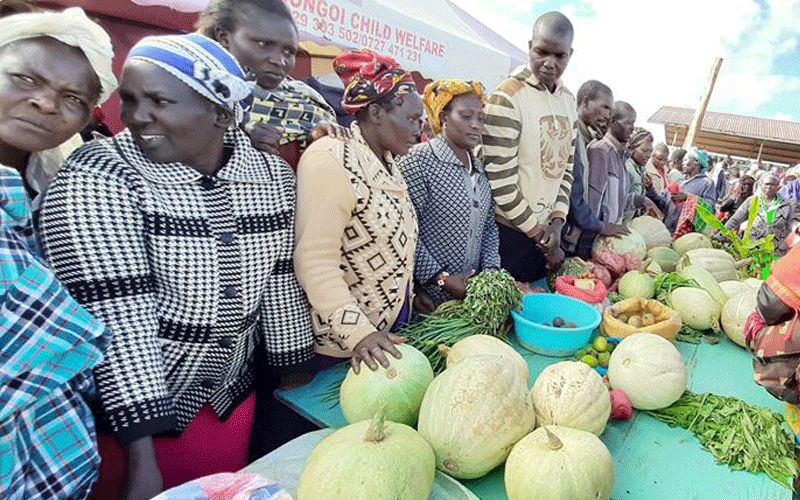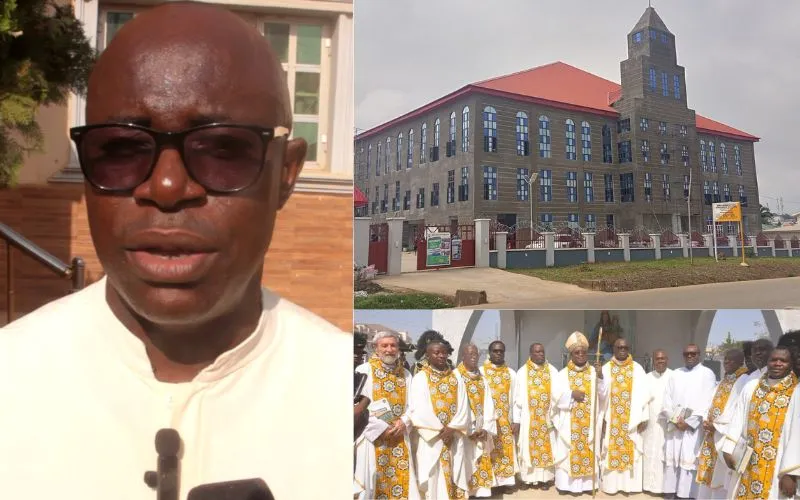Kisumu, 02 July, 2020 / 9:00 pm (ACI Africa).
Some 4,000 farmers practicing agroecology in Kenya have not had the negative impacts of COVID-19 crisis having been equipped with skills that foster self-sustenance, ACI Africa has been told.
“COVID-19 has not had a huge impact on our farmers because they are equipped to be self-sustaining; they have a food forest and a bio-intensive kitchen garden where they are able to get nutritious vegetables and fruits, and also share,” the Kenya Coordinator of the Swiss Catholic Lenten Fund, Fastenopfer, Stellamaris Muelar told ACI Africa Thursday, July 2.
The Catholic organization is supporting farmers across eight Counties in Kenya to attain food security through practicing agroecology, an alternative form of farming that has environmental, socio-cultural, economic, and political dimensions.
The practice of farming in gardens helps enforce COVID-19 social distancing directives since farmers can access nutritious vegetables they need without having to go to the market, proof that “with agroecology, communities can have resilience even in times like this (COVID-19 period),” Ms. Muelar said.
When COVID-19 struck Kenya in March, a time Fastenopfer and its partners usually prepare farmers to take advantage of the March-May rains, beneficiaries of the Fund’s agroecology program had about 15,000 tree seedlings and 50,000 fruit seedlings in each of the 21 nurseries, she recalled.








